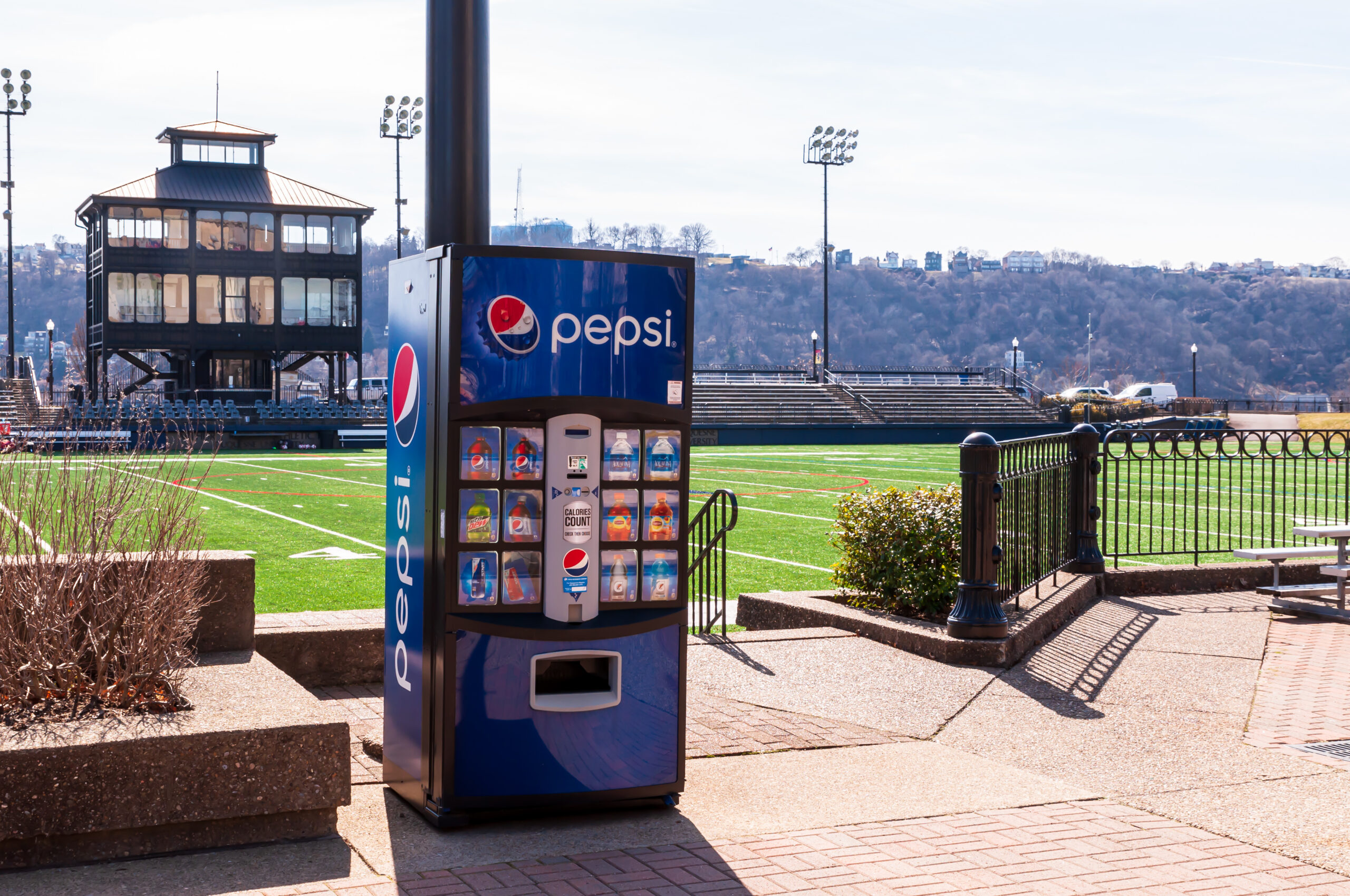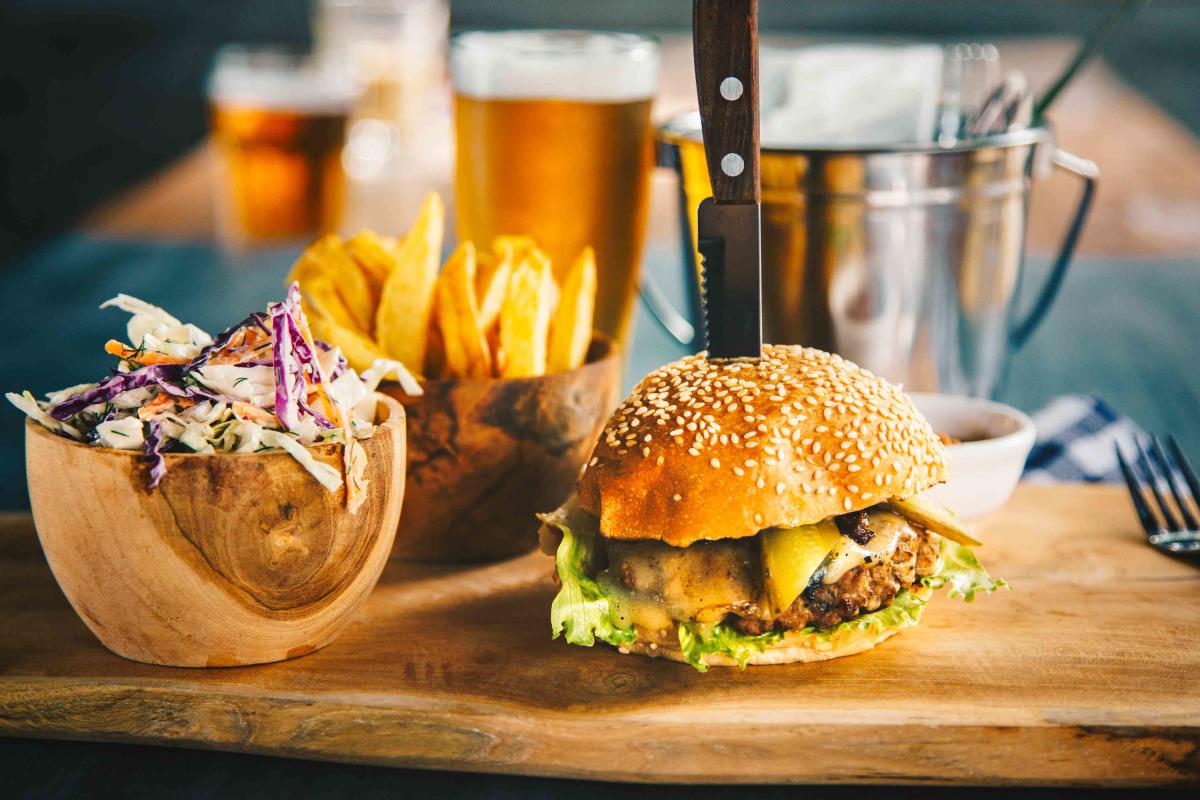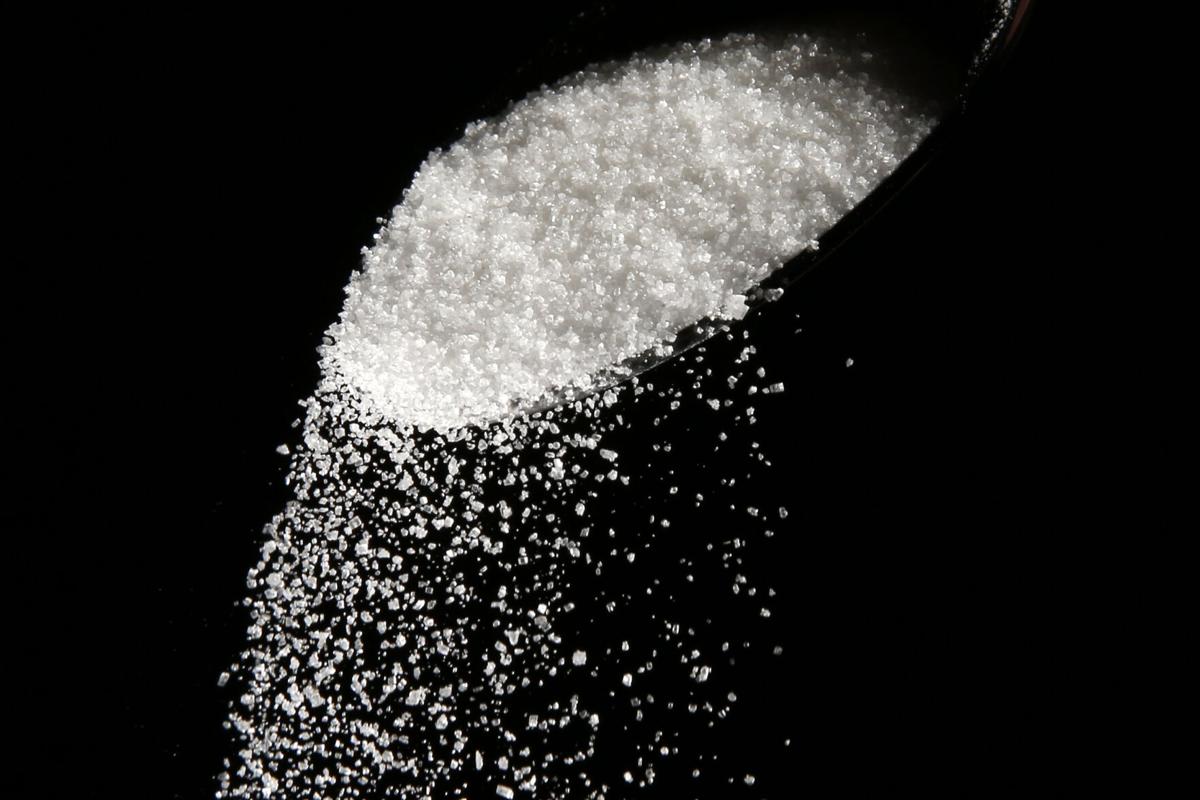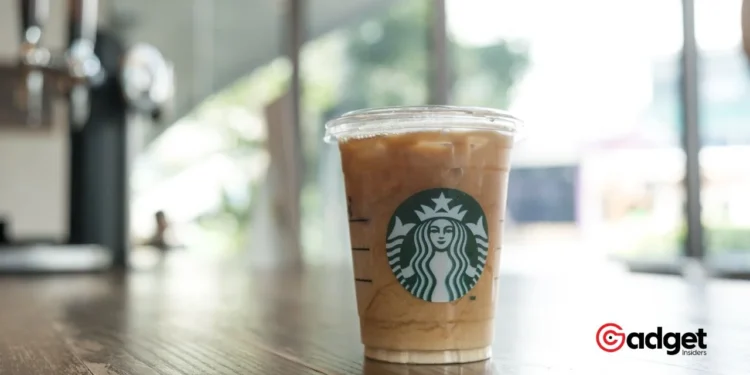New York City has recently implemented a groundbreaking rule that is causing a stir among food and beverage enthusiasts and health advocates alike. In an ambitious move to curb sugar consumption, the city has mandated that warning labels be placed on high-sugar foods and drinks served at popular chains, including industry giants like Starbucks and Dunkin’.
This initiative reflects a growing awareness and concern over the health impacts associated with excessive sugar intake.

Understanding the Impact
The decision by New York City authorities to enforce sugar warning labels marks a significant step in public health policy. It is aimed at providing consumers with immediate, transparent information about the sugar content in their favorite beverages and snacks.
This move could lead to a broader understanding of dietary choices and foster a more informed consumer base.

Consumer Rights and Corporate Adaptation
From a consumer’s perspective, this rule empowers individuals to make healthier choices. By knowing the sugar content upfront, consumers can manage their dietary intake more effectively, potentially reducing the risk of health issues such as diabetes and obesity.
For the corporations involved, particularly cafes and fast-food chains, this could mean a shift in product formulations or an increase in the variety of healthier options offered.
The Business of Sweetness
On the business front, the regulation may initially pose challenges to companies that heavily market high-sugar products. There may be concerns about the impact on sales if consumers begin to shy away from sweeter options.
However, this also presents an opportunity for innovation in product development, leading to potentially lucrative market segments centered around health-conscious consumers.

The Broader Implications of the New York City Sugar Rule
The New York City sugar warning label rule isn’t just about altering consumer behavior; it’s a public acknowledgment of the significant role diet plays in overall health. By implementing such policies, New York City is setting a precedent that could inspire other cities and states to undertake similar measures.
The Role of Data and Privacy
In the age of digital consumption and online services, New York’s new rule also intersects with data privacy and consumer rights online. The policy implementation goes hand in hand with increased awareness about how consumer data, such as dietary preferences and health interests, is used and shared by corporations.
NYC rule will slap sugar warning labels on food, drinks including Starbucks, Dunkin' specialties. Any drink with more than 50 grams of added sugar will get a label. https://t.co/77B5qnmuUL via @nypmetro
— Tom Vierhile (@TomVierhile) April 25, 2024
Tailored Advertising and Consumer Preferences
Companies will need to navigate carefully how they target consumers. With a shift towards health-conscious advertising, the emphasis will likely be on creating personalized marketing strategies that respect consumer preferences while promoting healthier choices.
This adjustment in marketing strategies aligns with broader trends in data privacy and personalized advertising, reflecting a move towards more responsible and consumer-friendly business practices.
A Step Towards Healthier Futures
New York City’s decision to label sugar content on menus is more than just a regulatory change—it’s part of a larger shift towards transparency, health awareness, and consumer empowerment.
As this policy takes effect, it will be interesting to observe how other regions respond and whether similar initiatives will gain traction globally. For now, New York City leads the way in what could be a fundamental change in how we view and consume our food and beverages.










